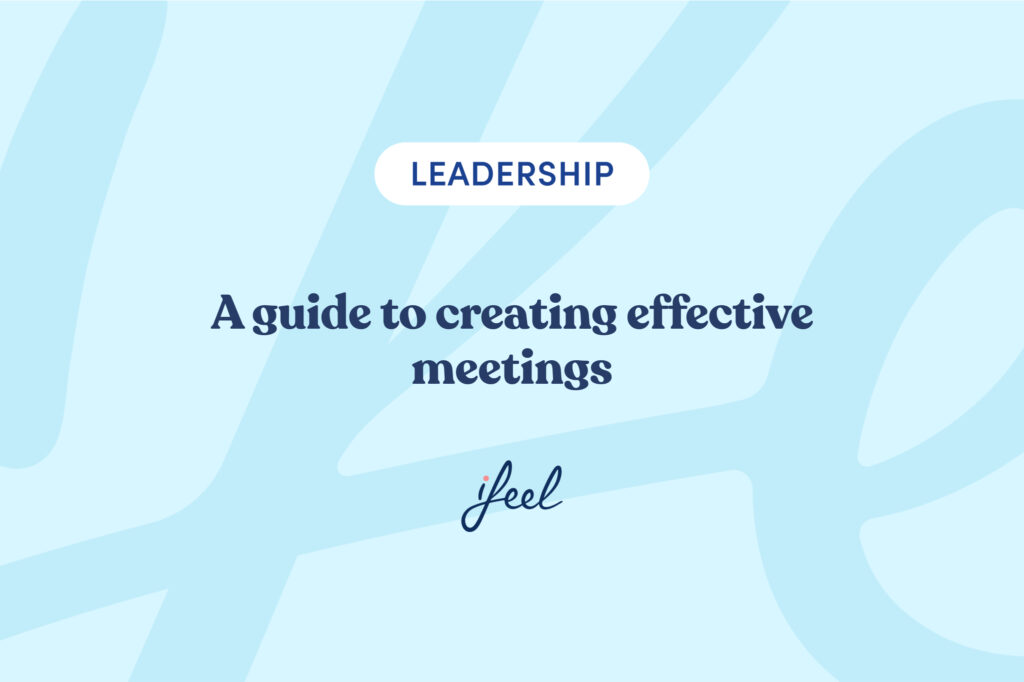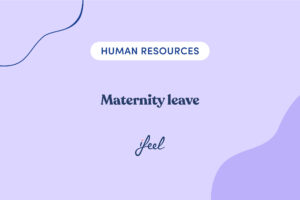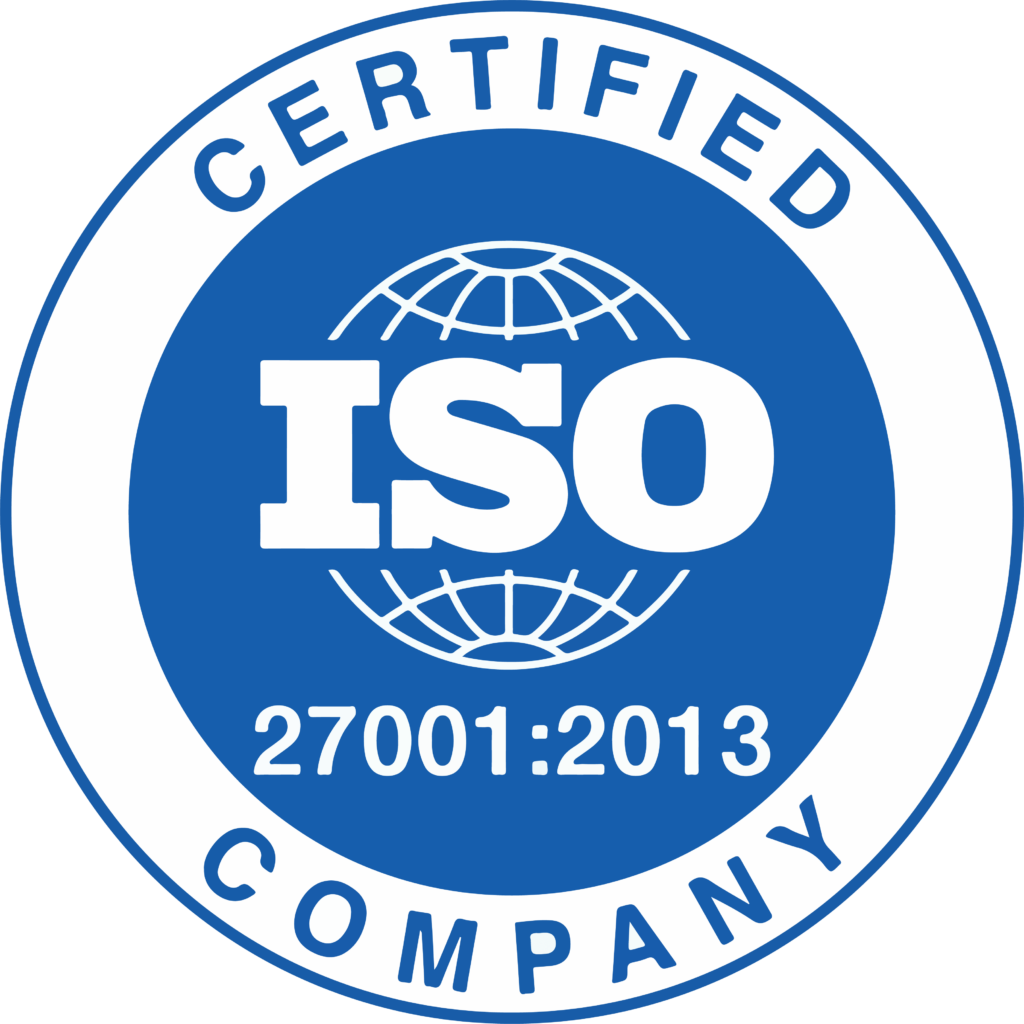Imagine a scenario where work meetings go from being mere task check-ups to becoming catalysts for productivity and collaboration. This would undoubtedly not only transform team dynamics, but also bring a new level of motivation and energy to our working day.
Today’s large, modern enterprises have realised that having a strategy guide for effective meetings is key in 2025. The key is not only to reduce the number of meetings scheduled, but also to maximise their potential so that they can boost team productivity.
That is why we at ifeel have developed this simple guide, in which we will explore strategies to transform your meetings into opportunities that maximise their impact and benefit the whole team.
Importance of effective meetings
Effective meetings are crucial for coordinating activities, making decisions and solving problems. However, many employees still feel that many of their meetings are not as productive as they ‘should be’.
In fact, according to statistical data, 47% of workers consider that many of the meetings they attend are a ‘waste of time’, and 45% of these report feeling overwhelmed by the countless meetings on their agendas. And no wonder, as it has also been shown that in enterprises, especially at management level, it is estimated that up to 50% of working time can be spent in meetings, which adds up to between 30,000 and 45,000 hours over the course of a career.
This intensive use of time highlights the need to adopt new strategies to improve its effectiveness. But how can we change this perception? The first step is to have a guide to strategies for effective meetings, to help us steer the course when organising meetings with our teams.
| Benefit | Description |
|---|---|
| Increased productivity | Well-structured meetings allow for a more efficient use of time, reducing distractions and scattered focus. |
| Improved collaboration | Facilitates the active participation of all team members, fostering a collaborative work environment. |
| Clarity of objectives | Setting clear goals ensures that all participants are aligned and working towards a common purpose. |
| Optimisation of resources | Minimising the time and resources invested translates into cost savings and greater operational efficiency. |
| Reduction of stress | More effective schedules and adequate breaks contribute to a healthier and less stressful work environment. |
Guide to strategies for effective meetings
Meetings are a key cog in the wheel of any organisation, functioning as the fastest way to ensure collaboration, share project updates and align the team. However, there is always room to improve these processes and maximise their effectiveness.
In this guide to strategies for effective meetings, we provide practical advice to transform each session into an opportunity for more fluid and productive collaboration.
Clear definition of objectives
Before calling a meeting, it is essential to clearly define its objectives. What is it hoped to achieve? What is the desired outcome? Communicating these objectives in advance helps participants to prepare properly and focus on the goals of the meeting.
Time planning
Time management is crucial. Each participant should know how much time will be allocated to each meeting so that they can organise their time at work, as well as any outstanding tasks, in the best possible way.
For leaders who also want to look after the well-being of their teams, a good strategy is to schedule meetings to end at unconventional times, such as 1:55 p.m. instead of 2:00 p.m. This simple adjustment provides buffer time between meetings, allowing participants to attend to urgent tasks or simply take a break.
In addition, using planning tools such as HR dashboards can make it easier to organise and follow up on the topics discussed, ensuring that all important points are addressed in a concrete way, and progress can be evaluated without the need for multiple meetings on the same topic.
Assigning specific roles
Assigning specific roles in meetings, such as a moderator, a note taker and a timekeeper, can significantly improve their effectiveness. This structure ensures that meetings run smoothly and respect everyone’s time.
Technology and effective meetings
Technology plays a crucial role in improving the effectiveness of meetings, and that is why it should be part of this guide to effective meeting strategies.
Tools such as videoconferencing platforms and integrated HR dashboards enable clear communication and effective follow-up of decisions made. In addition, time management applications help organise agendas and keep meetings within the established time frame.
The Leadership Lens🔎
Leaders play a crucial role in transforming meetings into powerful productivity tools. Driving effective meetings requires leaders to be meticulous in planning and execution, ensuring that each meeting has a clear purpose and defined outcomes.
The key lies in fostering an inclusive environment, where every voice counts and ideas flow freely. In addition, adopting advanced technologies to facilitate real-time collaboration can make all the difference, reducing wasted time and optimising results.
Join the global leading solution in mental well-being
How can you organise your time at work for more effective meetings?
Effective time management is essential for maximising productivity at work. This involves setting clear priorities and reserving time in the diary for preparing for and following up on meetings. Implementing strategies for human resources, such as setting monthly objectives and periodically reviewing progress, can facilitate this task.
In addition, evaluating the effectiveness of meetings is an essential step for continuous improvement. Collecting feedback from participants through anonymous surveys can provide valuable information on what worked well and what areas need adjustment. Finally, keeping track of decisions made and actions agreed upon is crucial to ensure that the meeting’s objectives are met.
‘Our goal is to implement people-centred strategies to foster an inclusive and safe work environment in which everyone can participate, develop professionally and personally and feel recognised.’
Lisa Porres, Chief People Officer at Spotahome, an ifeel partner company.
Trust the leaders
At ifeel, we know that effective meetings in 2025 require careful planning, efficient time management and the use of advanced technology to facilitate communication and follow-up. By adopting the advice in this guide to effective meeting strategies, organisations can not only improve the productivity of their meetings, but also foster a more collaborative and efficient work environment.
To help in this process, our team of psychologists experts in workplace well-being has developed a mental well-being solution for enterprises, with the aim of helping companies to boost the commitment to work of their workers and enhance productivity.
Thanks to this collaboration, human resources managers can receive personalised advice based on data on the most effective measures for detecting mental health problems in employees and measuring the work environment experienced by their teams. It is the best way to understand their needs.
Moreover, ifeel’s mental well-being solution for enterprises offers employees a mental health care service structured at different levels according to their needs at any given time.
We hope you found this guide to strategies for effective meetings interesting. If you would like more information about our mental well-being solution for enterprises, simply request it and we will contact your team right away.










